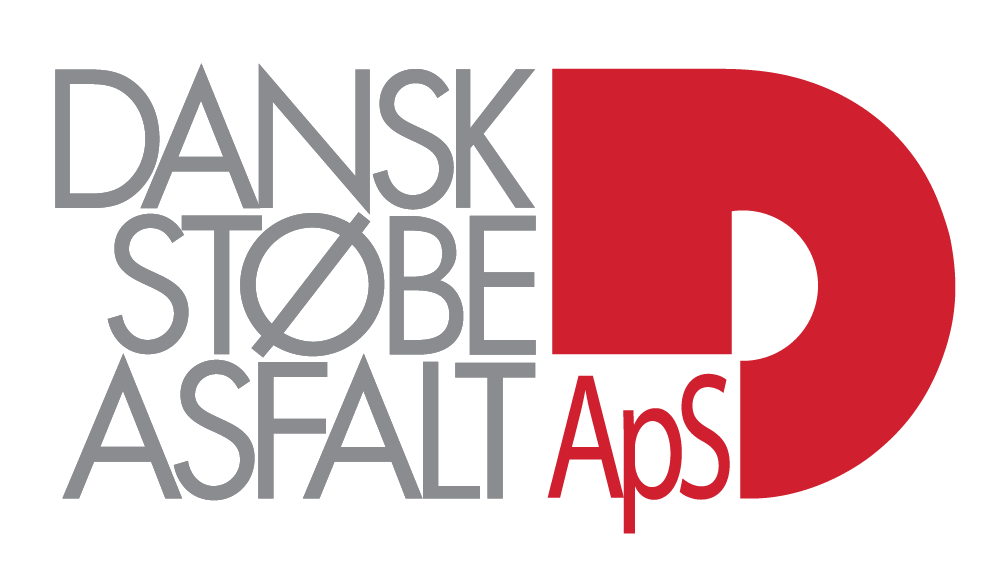Provisions for EBA negotiations will be introduced to ensure that there is no abuse of power and that all parties are held accountable throughout the process. The Fair Labour Board may order a bargaining mandate in the event of bargaining disputes. This decree sets out the measures to be taken to ensure the smooth running of the negotiations. If a bargaining order is not processed and one party continues to violate the rights of the other party, the Fair Work Ombudsman can intervene to investigate the order and the alleged violation. Each party may be represented in this process by a negotiating representative. The importance of a low-paid licence is that it paves the way for a collective bargaining representative to obtain bargaining orders from the FWA. It also opens up the possibility for the FWA to provide certain forms of support as part of the negotiation process. A party that has been proven to have acted capriciously or unfairly AMWU vs Ridders Fresh Pty Ltd T/A Tibaldi Smallgoods [2013] FWC No, unless there is evidence that the negotiator was not properly named. Although good faith bargaining seems simple, unions sometimes use them during negotiations to get what they want from an employer. Some unions have filed accusations of unfair labour practices even before negotiations begin when the parties fail to agree on things like place, time and dates. This can lead a negotiator to request a “negotiating order” from the FWA that can address the reasons why the negotiation process is not efficient or fair.
The Commission concluded that the employer`s decision to proceed with the vote was capricious and unfair in these circumstances, as it was directly inconsistent with the interpretation of the AMWU and its members as to the purpose of the February 15, 2013 meeting. The Board concluded that the employer`s conduct effectively deprived the AMWU of recognition and any real opportunity for negotiation. The Fair Work Board`s Single Company Agreement Date Calculator is a tool that employers, agents and negotiators can use to ensure that their process for entering into an agreement and applying for approval meets legal deadlines. For more information, see Single Enterprise Agreement Date Calculator. The bona fide bargaining obligations set out in this guide do not apply in the context of agreements to establish new facilities. APESMA has asked the Commission for a negotiation contract against Endeavour Coal. The reasons for the request included that Endeavour Coal`s conduct and actions did not respond in good faith to bargaining requirements and undermined the collective bargaining process. At first instance and on appeal, the Commission was satisfied that Endeavour Coal was not complying in good faith with the bargaining requirements. Endeavour Coal`s reluctance to enter into negotiations with APESMA on a company agreement continued in a modified form after the majority decision. In particular, it was noted that during the negotiation process, Endeavour Coal had refused to make a significant contribution to the possible content of a company agreement or to make its own proposals. The Commission concluded that Endeavour Coal was negotiating with APESMA with no real intention of negotiating a company agreement and contrary to the requirements of good faith negotiation, and issued a number of negotiating mandates.
On appeal, the plenary approved the Commission`s conclusion and accepted all but one of the decisions. Endeavour Coal requested judicial review of the plenary`s decision. The Federal Supreme Court agreed with the conclusion that Endeavour Coal did not meet the bargaining requirements in good faith in certain respects, but ultimately concluded that some of the orders issued did not fall within the authority of the Commission. Would this be tantamount to not negotiating in good faith if an employer held a meeting directly with the employees and not with their respective negotiators? timely response to agreement proposals from other collective bargaining representatives; The Fair Work Act emphasizes that there is a duty to bargain in good faith. Negotiating means discussing the terms of each transaction. To discuss is to enter into the conversation, to test through arguments – to debate. Basically, corporate negotiations are about communication before and during formal negotiations. Any request for negotiations in good faith is for the purpose of targeted or meaningful communication. [5] A collective representative is a person designated to participate in negotiations on a draft company agreement.
A collective bargaining representative may be an employer, employee, union, industry association or any other person designated in writing by the employer or employee. The employer agrees to a negotiation or enters into negotiations for the agreement; or What happens if an employer does not negotiate in good faith? A fundamental issue in the negotiations on company agreements in Australia is the obligation for all parties involved in the negotiations, including negotiators, to negotiate “in good faith”. The term trade negotiations states that the procedural procedures used in negotiating agreements are fair to both parties. Good faith negotiations generally refer to a party`s obligation to meet and negotiate with another party at reasonable times. The parties should be willing to reach an agreement, although neither party is obliged to accept a proposal or make concessions. Review your trading practices and determine if they need to be changed to ensure that your business meets the trading requirements in good faith. In this bulletin, we review in good faith the evolution of the Negotiations Act. We have extensive experience in preparing bargaining strategies, managing responses to illegal union actions, compliance with secret ballots, requirements for protected union actions, and approving agreements. .

Recent Comments